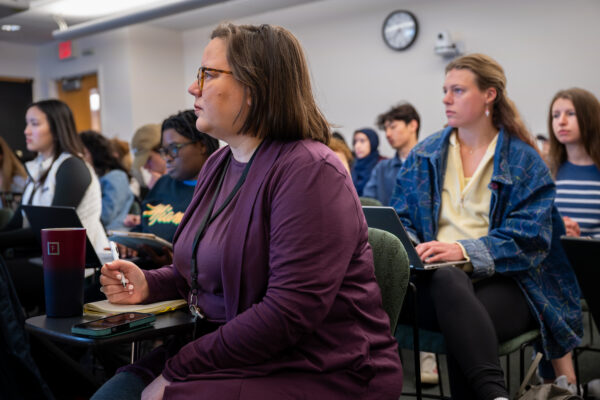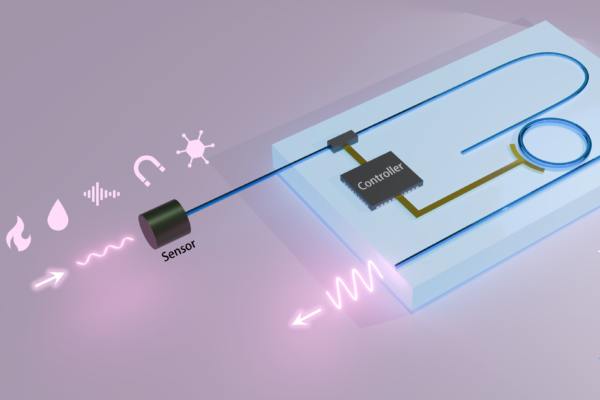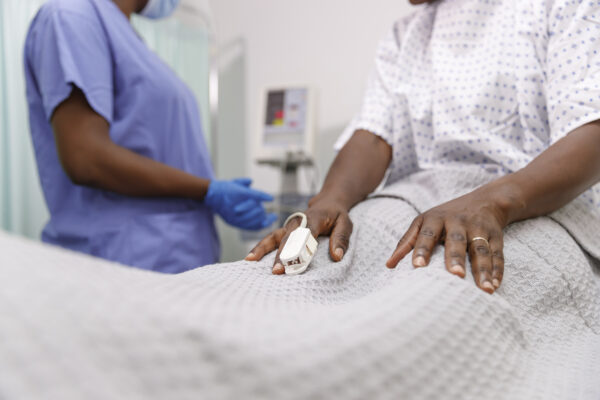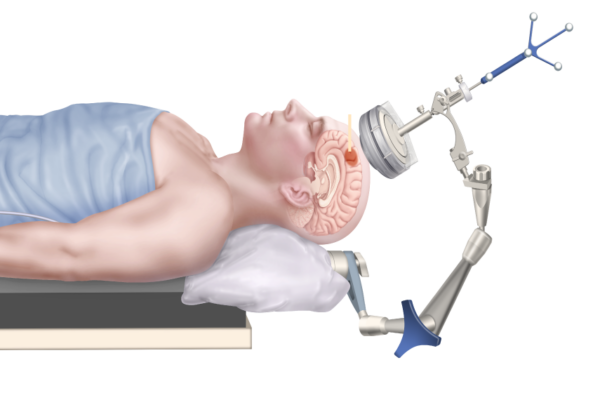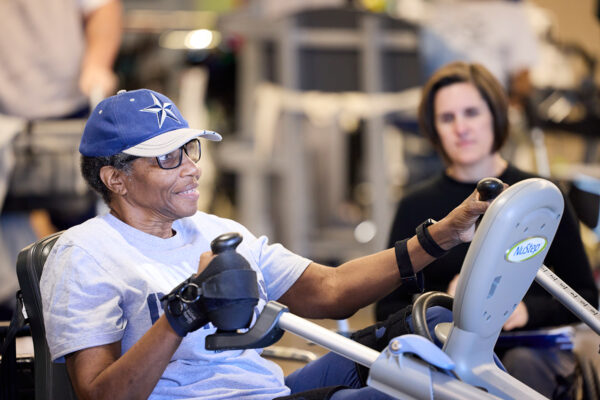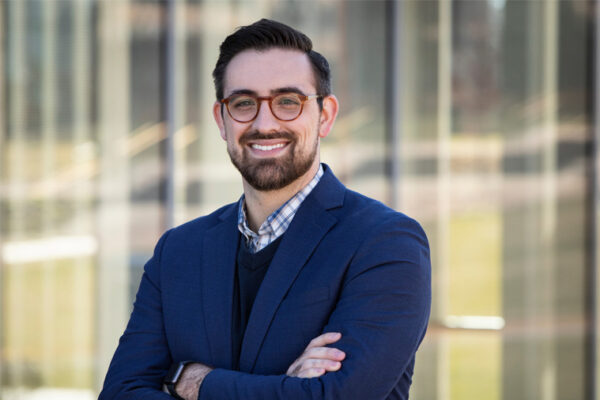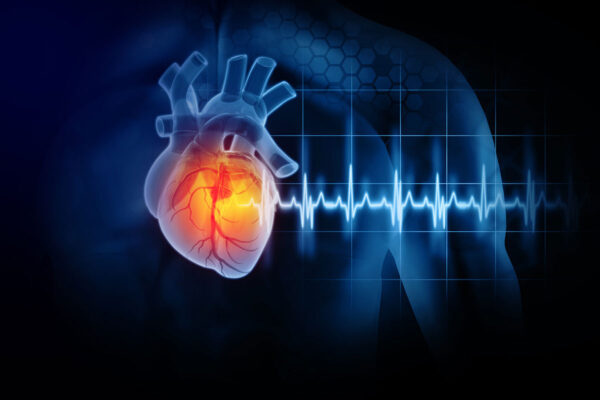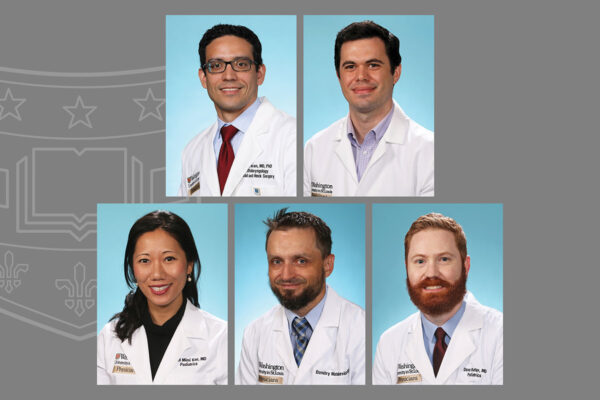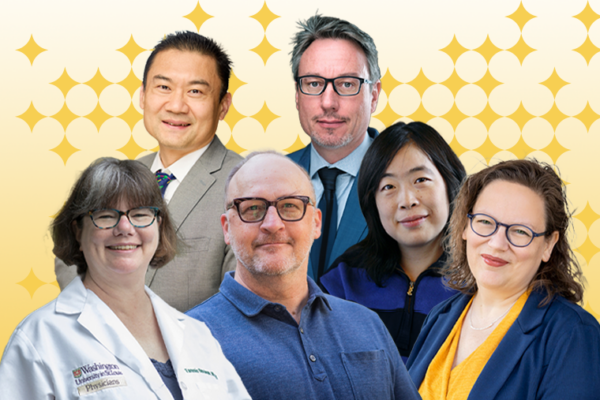Solving women’s health issues through engineering focus of course
Women’s health has been getting a new focus in recent years from the local to the federal level, with President Joe Biden recently launching initiatives to boost federally funded research in this long-overlooked area. That focus is also active at the McKelvey School of Engineering, where a new elective course is filled with students interested in how they can use engineering to solve problems in women’s health.
Innovative sensing platform unlocks ultrahigh sensitivity in conventional sensors
New research from engineers at Washington University unlocks the power of exceptional points for advanced optical sensing.
Skin pigmentation bias in pulse oximeters to get closer look
Pulse oximeters may provide inaccurate readings in individuals with darker skin so researchers at Washington University are seeking ways to mitigate this potential bias.
Nerve stimulation for sleep apnea is less effective for people with higher BMIs
A sleep apnea treatment known as hypoglossal nerve stimulation is less effective in people with higher body mass indexes, according to a new study by researchers at the School of Medicine.
Focused ultrasound technique gets quality assurance protocol
Washington University researcher Hong Chen and her team developed a quality assurance protocol to ensure their guided focused ultrasound device and treatment functions safely and consistently.
How does a person’s mobility affect cardiovascular health?
A clinical trial led by researchers at Washington University School of Medicine in St. Louis is aimed at defining how exercise affects cardiovascular health in people who use wheelchairs.
Bersi receives CAREER award
Matthew Bersi, at the McKelvey School of Engineering, will use pioneering optics-based mechanical testing and imaging techniques to study the aorta with a five-year $575,000 CAREER award from the National Science Foundation.
Combining multiple meds into a single pill reduces cardiovascular deaths
New research at the School of Medicine bolsters previous findings that “polypills” — single pills that combine medications that target cardiovascular disease-related conditions — are beneficial in preventing heart attacks and strokes and reducing deaths. As a result of the study, the World Health Organization has added such polypills to its most recent Model List of Essential Medicines.
Five physician-scientists named to newest class of Dean’s Scholars
The Division of Physician-Scientists at Washington University School of Medicine in St. Louis has announced its fifth class of Dean’s Scholars.
Seven faculty inducted as AIMBE fellows
Seven Washington University in St. Louis faculty members have been named fellows of the American Institute for Medical and Biological Engineering, joining 23 existing fellows at Washington University.
Older Stories
